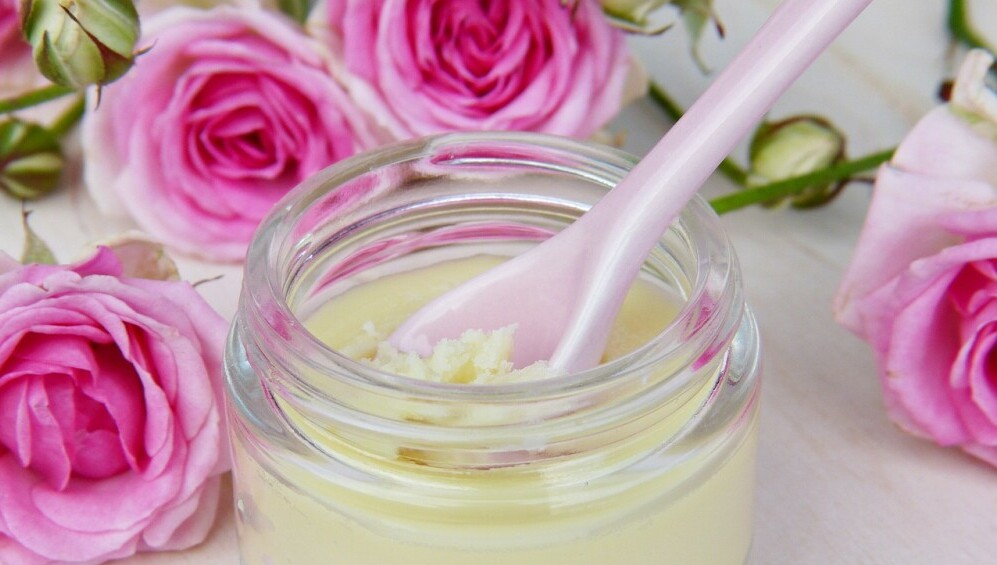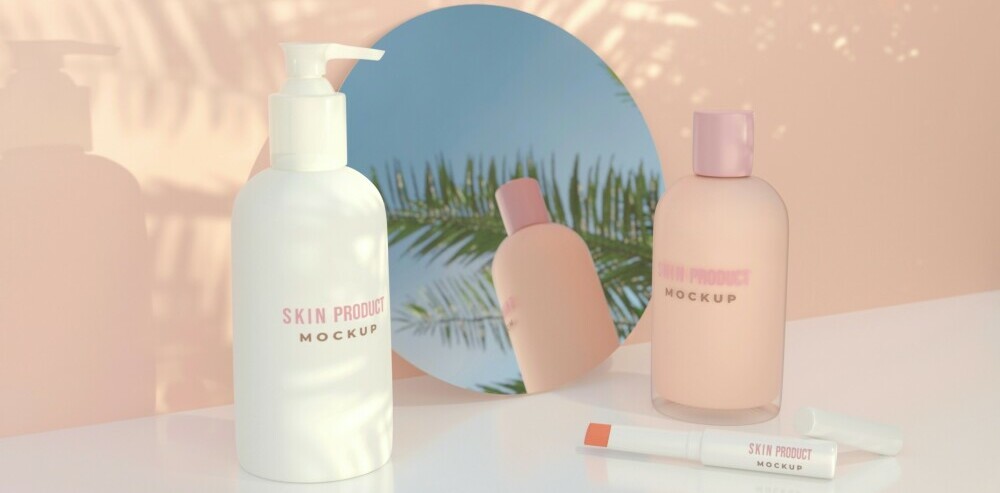
I’m going to unravel the term ‘natural skin care’ for you. It’s a phrase that’s been buzzing around the beauty world with the promise of gentler, more Earth-friendly options. But what does it mean? Given that the ‘natural’ label isn’t regulated across the industry, every company has its interpretation. That’s why it’s crucial to dig deeper.
You’re going to find out about the diverse sources of natural skin care which include treasures from plants, mineral-rich soils, the depths of the oceans, and even some responsible animal-derived components. It’s a bountiful assortment that Mother Nature offers and that we harness to keep our skin nourished and vibrant.
This isn’t just about jumping on a trend; it’s about understanding how natural elements work for skincare. While essential oils and plant extracts are common, I’m here to clarify that not all natural ingredients are created equal. Some might pack a punch for one skin type but irritate another. It’s about decoding effectiveness and potency — without getting fooled by the hype.
In my opinion, recognizing the unique needs of your skin is the first step in embracing natural skin care. It’s not a one-size-fits-all deal. Just as you’re unique, so should be your approach to skincare. Choosing products that align with your skin’s needs ensures that you’re not just following a fad, but nurturing your skin authentically.
The Compelling Benefits of a Natural Skin Care Routine
Now, you’ll find out about the benefits of incorporating natural skincare into your routine. Choosing natural products isn’t just about trends; it’s about nurturing your skin with wholesome ingredients.
The crux of the benefits lies in the nutritional impact of plant extracts used in natural skin care. Rich in vitamins, antioxidants, essential oils, and bioactive compounds, these extracts are more than just a fad, they are integral to fostering healthy skin that glows from the inside out.
But the perks aren’t limited to your skin’s health. There’s a lot of opportunity here for positive environmental impact. Opting for products with natural ingredients often coincides with eco-friendly packaging and sustainable farming practices, which is great for the planet.
This holistic approach ties your skincare routine to your overall well-being. It’s not only about how you look but also about how you feel and the footprint you leave behind. Choosing something that resonates with you on multiple levels can be profoundly fulfilling.
And let’s not overlook the safety profile of natural skin care. While not all synthetic ingredients are harmful, natural alternatives tend to have a gentler touch on the skin. This is especially important if you want to avoid potential side effects like irritation, which can occur with some synthetic chemicals.
I hope that you understand the scope of these benefits. It’s not just about changing a product; it’s about adopting a lifestyle that prioritizes your health, the environment, and ethical consumption.
Choosing Natural Skin Care Products Wisely

It’s easy to get lost in the green maze of ‘natural’ labels and claims out there. Don’t worry too much about the marketing hype; I’m here to help you navigate the essentials when choosing natural skin care products.
When you’re scanning the aisles or browsing online, ‘natural’ might not always mean what you think. Each company can set its definition. So, your first step is to understand the key terms in natural skin care, like ‘organic’, ‘wildcrafted’, and ‘cruelty-free’.
You’re probably thinking about what’s actually in these products and where they come from. Whether they’re sourced from plants, animals, minerals, or marine life, aim for clarity on the origins. A truly natural product will be transparent about its ingredients and their sources. Remember, just because an ingredient is natural, it doesn’t automatically make it skin-friendly.
It’s crucial to investigate not just the product, but also the brand behind it. What are their sourcing and manufacturing ethics? Do they have certifications that back up their claims? These details can give you insight into the brand’s commitment to genuine natural skin care and environmental stewardship.
Lastly, learn to navigate labels and certifications. While not all natural products are certified, certifications like USDA Organic, Non-GMO Project Verified, or Ecocert can be indicators of a product’s adherence to certain natural and sustainable standards. But, that’s just the beginning of making informed choices.
Creating Your Natural Skin Care Routine

I’m going to guide you through customizing a natural skin care regimen tailored just for you. You’re going to find out about tailoring a routine that’s fit for your skin type, be it oily, dry, combination, acne-prone, or sensitive. It’s not just about having the right ingredients; it’s also about understanding what your skin truly needs at different stages of life, especially as you head into your 30s and beyond.
In my opinion, there’s no one-size-fits-all when it comes to skincare. For those with oily skin, a regimen focused on balancing oil production without over-drying is key. If you have dry skin, you’re looking to nourish and hydrate to combat flakiness and tightness. Combination skin presents its unique challenge, needing to address both excess oil and dry spots simultaneously.
If you want to minimize the shine and address dry patches, it’s crucial to find products that do both without irritating. Acne-prone skin requires a delicate balance, too. You need options that’ll help manage breakouts while keeping your skin barrier intact. And for my friends with sensitive skin, choosing products that soothe and reinforce the skin while avoiding common irritants is vital.
Now, let’s talk about age. As you enter your 30s, your skin might start showing signs of aging like fine lines or decreased elasticity. Your natural skincare routine can play a pivotal role in addressing these changes. Integrate products with antioxidants and hydrating properties to help maintain your skin’s youthful vigor.
Choose something that resonates with you when drafting your morning and evening routines. Morning routines could involve cleansing, toning, and protecting the skin from environmental stressors, while evening routines might focus on repairing and rejuvenating. Remember, you can always adjust your approach down the road as your skin’s needs evolve.
Do-it-yourself (DIY) approaches can be empowering and cost-effective. They allow you to understand exactly what’s going on in your skin. However, ensure you’re informed about each ingredient’s benefits and risks. Store-bought products can be a more convenient and sometimes safer option, but it’s essential to research and choose trustworthy brands that align with your natural ethos.
Implementing Safe Practices in Natural Skin Care
Shifting to a natural skincare routine isn’t just about embracing the beauty of nature; it’s also a commitment to using products that align with a more holistic and informed approach to skin health. As you immerse yourself in this green transition, safety should be at the forefront of your choices.
Natural doesn’t always mean non-irritating. It’s essential to realize that even organic components can provoke allergic reactions or sensitivities in certain individuals. This is why it’s critical to perform a patch test with any new product or DIY concoction before fully incorporating it into your regimen.
Listening to your skin is key. If you notice signs of redness, irritation, or discomfort, it might be time to reevaluate the products you’re using. Don’t hesitate to consult with a skincare professional, especially if you’re dealing with conditions such as eczema or rosacea which may react unpredictably to natural ingredients.
In my opinion, one of the best parts of natural skin care is the empowerment it brings. You’re making informed decisions based on what you believe is best for your body and the environment. However, staying informed means recognizing when professional guidance is needed. If you’re ever in doubt, especially when it comes to serious skin concerns, reaching out to a dermatologist is a smart move.
Finally, remember that your natural skincare journey is unique to you. There’s no one-size-fits-all solution, and it’s perfectly okay to adjust your approach as you learn more about what works for your skin. Embrace the process with open-mindedness and patience, and you’ll discover a routine that not only nurtures your skin but also your well-being.
